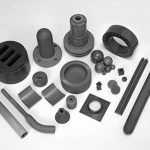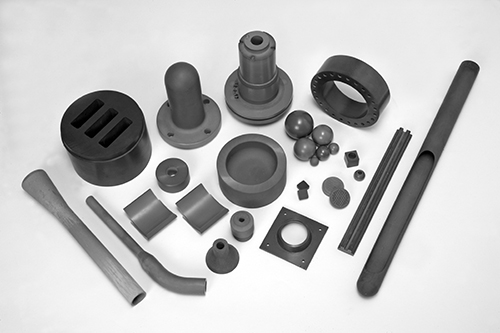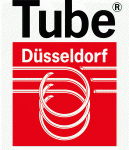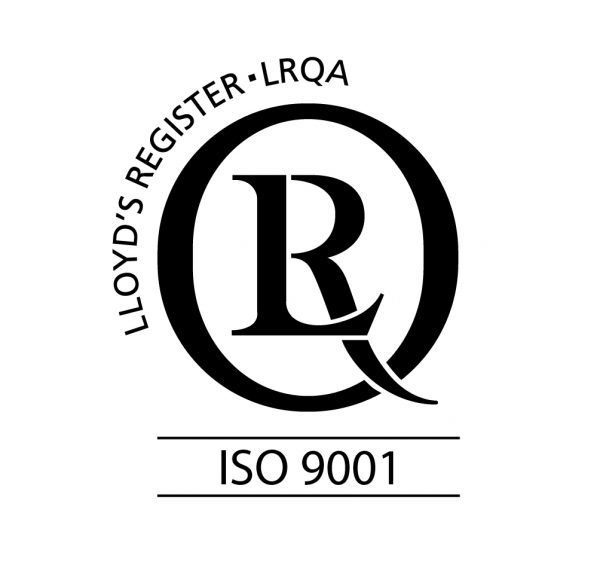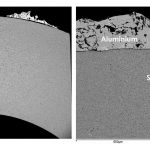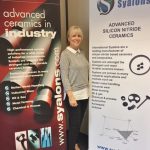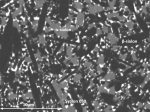Additive manufacturing (AM), also known as 3D-printing, is the process of designing and manufacturing intricate geometries from a limitless range of materials using innovative deposition techniques. The equipment involved deposits small amounts of a given material into predetermined channels to form small, complex components – as opposed to conventional manufacturing processes which subtract from materials through milling and machining, or pressing and extrusion.
Properties and Applications of Sialons – A Comprehensive Guide
Sialons were developed as a more cost-effective substitute for hot-pressed silicon nitride. They have a complex chemistry and should be considered a family of alloys with a broad range of properties. Sialons are formed when silicon nitride (Si3N4), aluminium oxide (Al2O3) and aluminium nitride (AlN) react. The materials combine to form a wide range of chemical compositions.
International Syalons is one of the UK’s foremost manufacturers and suppliers of high-performance ceramics derived from silicon nitride and sialon ceramics. Our comprehensive guide to the properties and applications of sialon ceramics has recently been published on AZoM, and here is a brief introduction to the extensive article, which can be viewed for free using the link below.
Continue readingNew Canteen at International Syalons
International Syalons have taken delivery and installed a brand new, bespoke and purpose built canteen in order to provide better facilities for our ever growing workforce. The new space which includes improved catering facilities is a much needed addition to the site and as has been welcomed by our highly skilled production staff.
The new building was designed and assembled off site by Portable Building Sales of East Yorkshire, UK and installed extremely quickly and easily.
International Syalons at Tube 2018 – Dusseldorf
International Syalons’ sales manager Simon Dodd will be attending Tube 2018 in Dusseldorf on April 18th – 19th.
The trade fair, which takes place every 2 years, attracts more than 31,000 visitors from 134 countries and is the world’s most important fair for tube manufacturing and processing across industries such as automotive, chemical processing, construction, electrical, as well as ferrous and non-ferrous metal forming.
Please feel free to make an appointment with Simon at simon.dodd@syalons.com to discuss your technical or sales needs.
International Syalons Awarded ISO 9001:2015
International Syalons are proud to announce that it has successfully been assessed by Lloyds Register of Quality Assurance against the revised international quality standard ISO 9001:2015. This Quality Management System applies to the manufacture of advanced ceramic powders and products.
International Syalons at Ceramitec 2018 – Munich
International Syalons’ technical manager Ben Melrose will be attending Ceramitec in Munich, Germany on April 11th – 12th.
The trade fair, which takes place every 2 years, attracts more than 15,000 participants to meet with the 600 exhibitors from around the world. Ceramitec is considered the “go-to” event within the ceramics industry, as raw materials, machinery, systems and processes suppliers and experts meet with manufacturers of all ceramics from classical and white-ware through to industrial, refractory and engineering and technical ceramics, as well as powder metallurgy.
Using Sialon Ceramics for Aluminium Handling & Forming
Aluminium (Al) is the second-most industrially consumed metal worldwide. The global aluminium market produces over 50-million tons of aluminium each year, chiefly through the refinement of bauxite ore at sites in North America, Russia, China, and more. At these sites, industrially viable alumina (Al2O3) is refined from bauxite through the Bayer process, which involves crushing and heating the metal in a pressure vessel with a sodium hydroxide solution at temperatures of up to 200°C. The extracted alumina is then smelted at refractory temperatures of up to 980°C in molten cryolite (Na3AlF6), to produce pure aluminium for use in an enormous range of commercial and industrial sectors.
Continue readingFinance Manager Appointment
International Syalons are pleased to announce the appointment of Gillian Bradley as Finance Manager, effective from 1st March 2018.
Gillian is a long-standing and valued member of the International Syalons administrative team, having been responsible for the accounts and payroll for over 14 years, as well as being a member of the Association of Accounting Technicians (MAAT).
The Board have every confidence in Gillian as the latest key member of our management team and expects her addition to further the ongoing success of the business.
Introduction to SiAlON Ceramics
SiAlON ceramics are innovative refractory materials based on the chemical composition of silicon nitride (Si3N4). They can compete with the strongest and most durable refractory materials currently available, due to their unique mechanical and thermal properties, with wide-reaching applications in metallurgical, petrochemical, and other high-temperature industries.
SiAlONs were designed to have crystal lattice structures which are isostructural with silicon oxynitride, but with broader cell dimensions, to allow for a denser refractory ceramic product. They are compounded from atoms of silicon (Si), aluminum (Al), oxygen (O), and nitrogen (N), which display short, high-strength intra-structural covalent bonds after sintering, creating a rigid atomic structure with high strength and high thermal efficiency.
International Syalons manufactures a range of SiAlON ceramics which utilize both beta (β) and alpha (α) SiAlON crystalline phases. Each of these phases has different physical properties and production requirements, with varying industrial applications. This article will explore these ceramics in more detail:
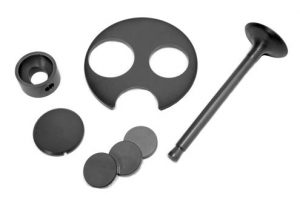
Advanced Ceramic Materials from International Syalons Brand-New Website
International Syalons Newcastle Ltd. (ISN) are pleased to introduce our brand-new website, with a streamlined user-interface and improved usability across the board. Find standard and bespoke advanced ceramic materials suitable for your unique industry needs, from ISN.


